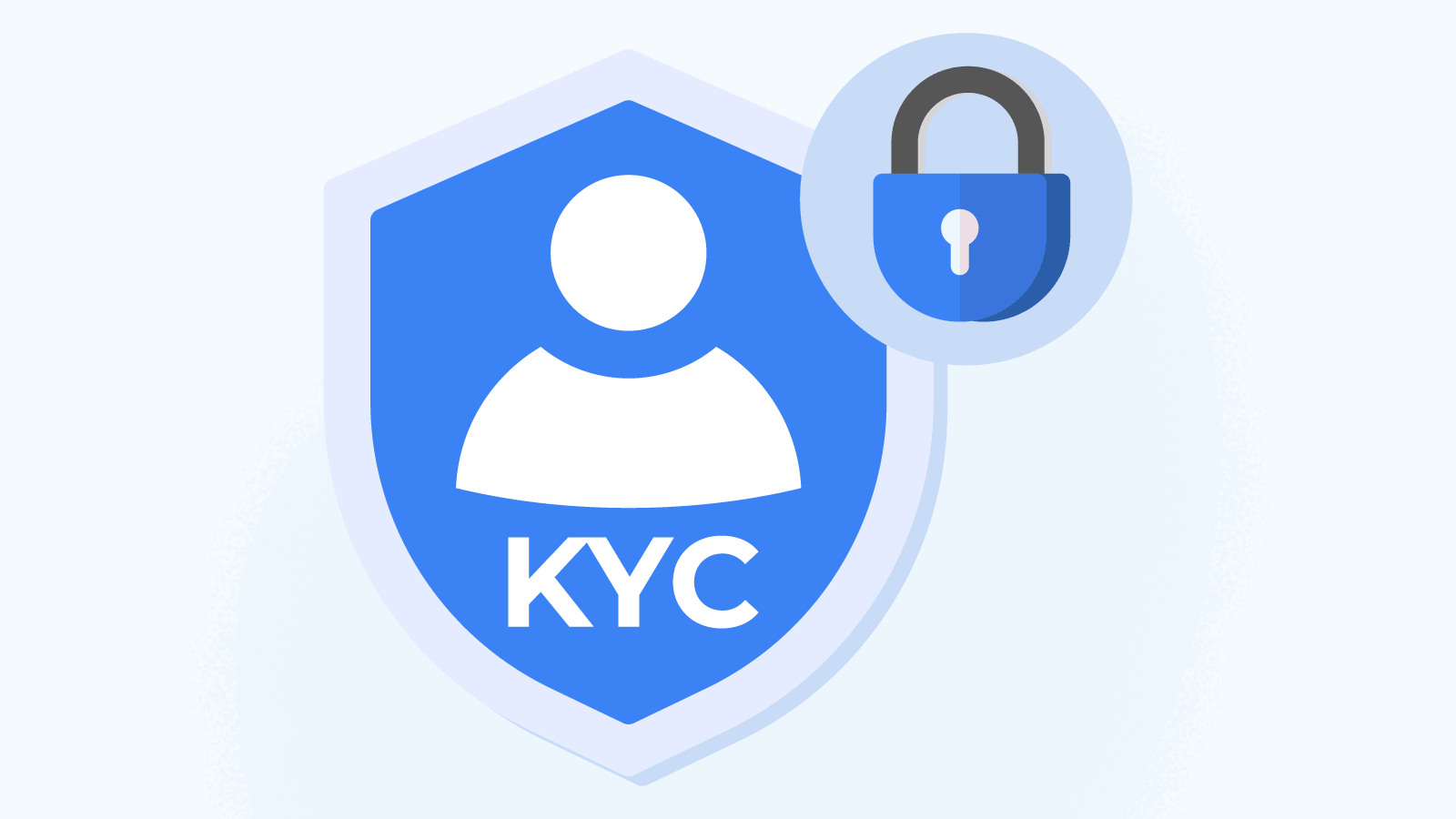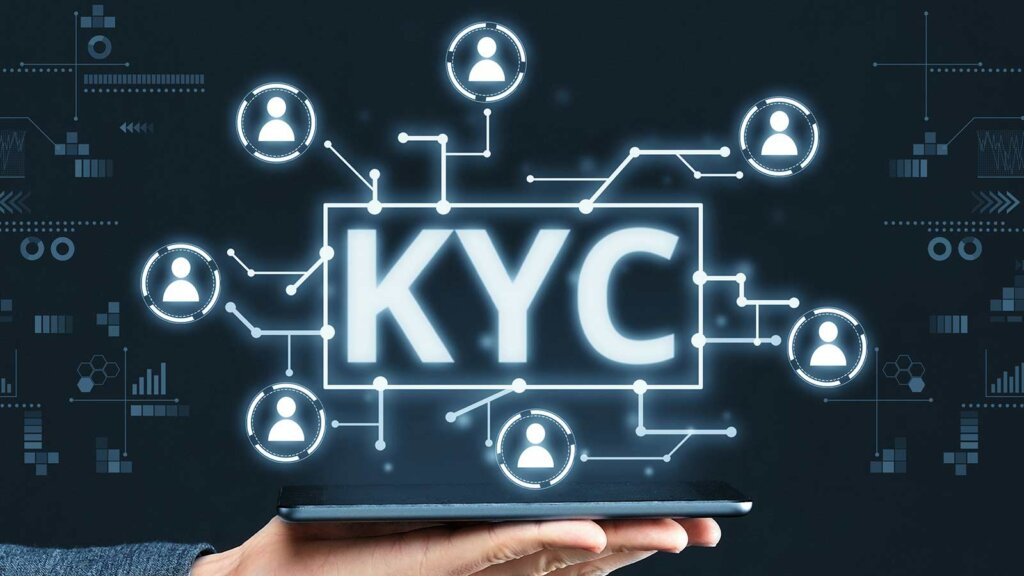
KYC Verification: How to do it
All the information in this page was checked by:
Every piece of information we present is rigorously verified by our team of experts using multiple credible sources, ensuring the highest level of accuracy and reliability.
We have paid partnerships with the online casino operators featured on our site. We may also earn commissions when users click on certain links. However, these partnerships do not affect our reviews, recommendations, or analysis. We remain impartial and committed to delivering unbiased gambling content. For more details, visit our Advertiser Disclosure page.
KYC, or Know Your Customer, is a process you must go through when you sign up at a trusted casino. This guide shows you step by step what documents you need to send and how to confirm your identity online. We explain why KYC is important to keep your account safe and stop fraud. With easy-to-follow instructions, you will finish the process without any trouble.
- Unlocking the Importance of Casino KYC Verifications
- Learn How It’s Done: Quick 9-Step Guide
- Documents Required for KYC Checks
- Making Sense of the Terms: KYC & AML Terminology
- Don’t Worry, Your Data is Safe! How Casinos Protect You
- Concerns regarding online data protection & privacy issues
- KYC – It’s for Your Own Good!
Unlocking the Importance of Casino KYC Verifications

KYC is Done for Transactions
Firstly, KYC and AML checks exist to combat money laundering and illicit activity financing threats.
How were casinos at risk?
In the past, online casinos lacked KYC checks, making them ideal for illegal and partially untraceable transfers of funds. One way of illicitly transferring money was done by placing low-risk bets. The problem only grew with the iGaming industry’s expansion, and globalisation only aggravated this problem. That is when KYC tools appeared as a solution. The Casino KYC identity verification was meant to attach a name to potential criminally inclined users.
KYC is Important for Responsible Gambling
Gambling comes with great responsibility! You must always remember to keep yourself afloat and use the proper tools to stay in control. Thus, we come to your aid with a specialized guide to understand how you can keep yourself away from addiction and make sure you resort to the right advice, from a psychological and practical perspective.
KYC and AML checks address two main issues
- They help ban minors from engaging in underage gambling
- They check for customers who were excluded due to some issues
Why are these tools important?
Gambling self-exclusion also requires a cohesive and universal database for players who have opted out. UKGC has declared GASMTOP mandatory for all licensed casinos. As for the extensive discussion around this crucial responsible gambling tool, we suggest that our British readers go through our complete guide to GAMSTOP.
KYC is Required for Casino fairness
KYC tools are helpful for a casino’s internal functioning. Suppose a gambling site suspects a British customer to have cheated, abused bonus policies, or breached the binding terms in any manner. The KYC identity verification allows it to act and correct the issue, whereas it would be nigh impossible to correct such issues with anonymous users. This is why KYC is important. And for these main reasons, as you will also see in our guide, the United Kingdom Gambling Commission has set in stone the need for KYC systems as licensing law.
Why KYC is Mandatory: Licensing & Sanctions
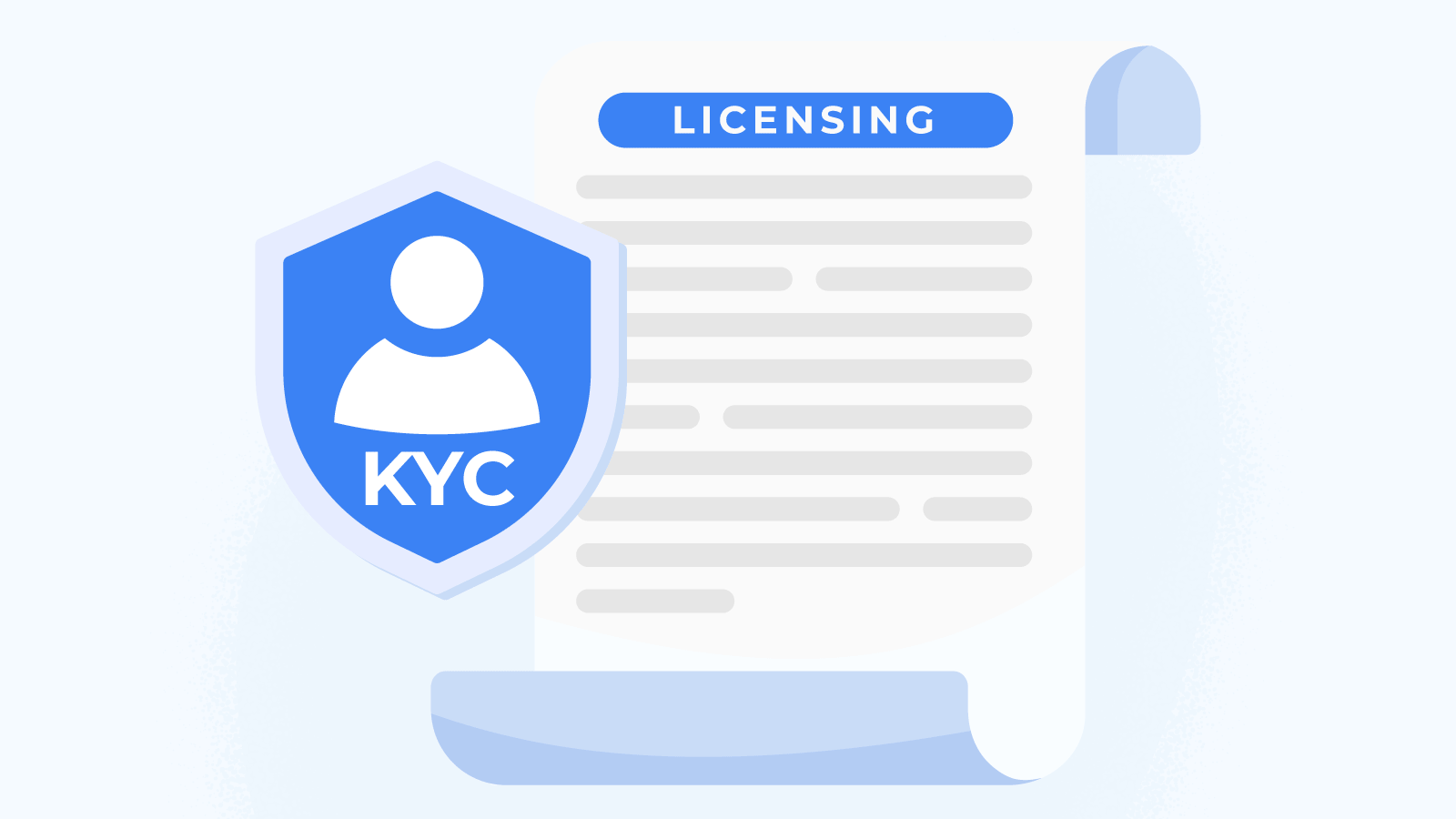
Where are things heading with KYC services?
As of 2019, the UK Gambling Commission updated its Age & Identity Verification rules. Whereas previously, potentially underage players could gamble during the KYC process completion, which could take up to 72 hours, now age verification occurs immediately after making an account. Nowadays, users cannot engage in gambling before completing a KYC check for their age. If they are below the legal gambling age UK, they will be forbidden access to the website.
Learn How It’s Done: Quick 9-Step Guide
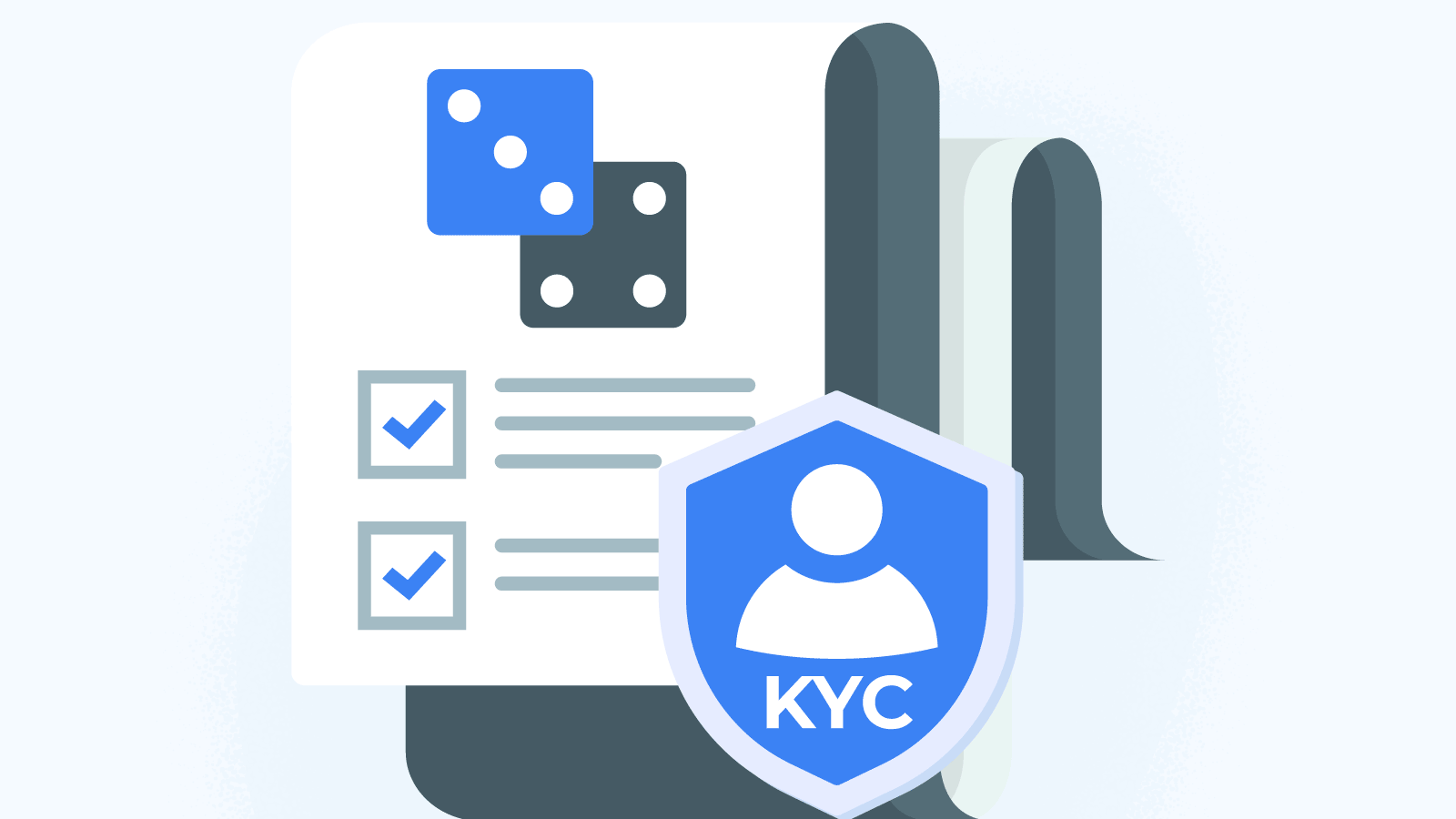
- Pick an Online Casino
- Start the Registration Process
- Wait for the KYC software pop-up or access the designated KYC Tools Tab
- Scan or Take a Photo of Documents Required by the Casino KYC
- Send the Pictures via the Provided KYC systems
- Wait for the KYC Identity Verification to Complete
- Check Your KYC Status
- Repeat the Process for Deposit and Regular KYC Checks
- Update your Details in Time and Send New Documents
These are the details to keep in mind for each step in the KYC process:
-
Step 1:
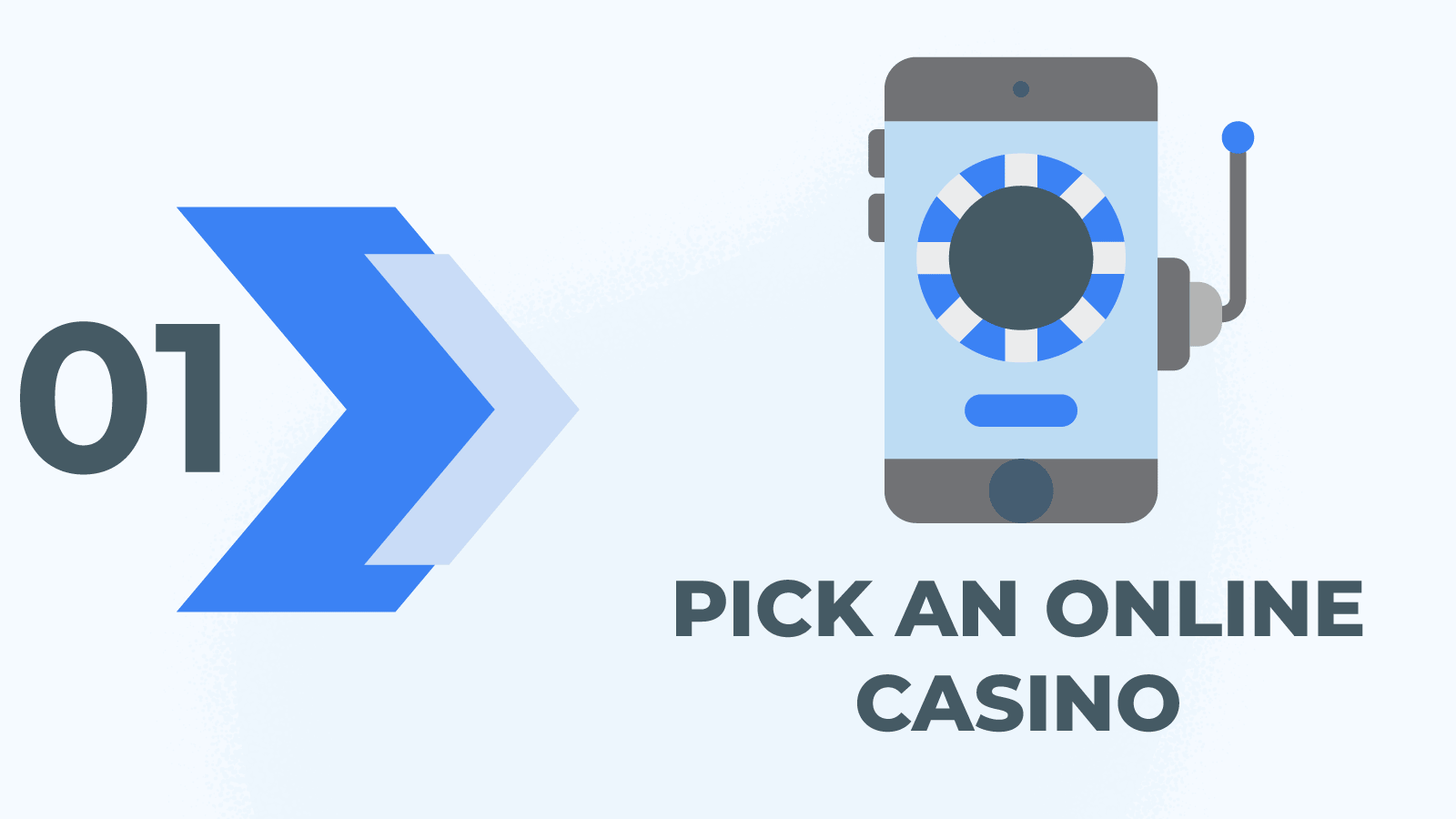
-
Step 2:
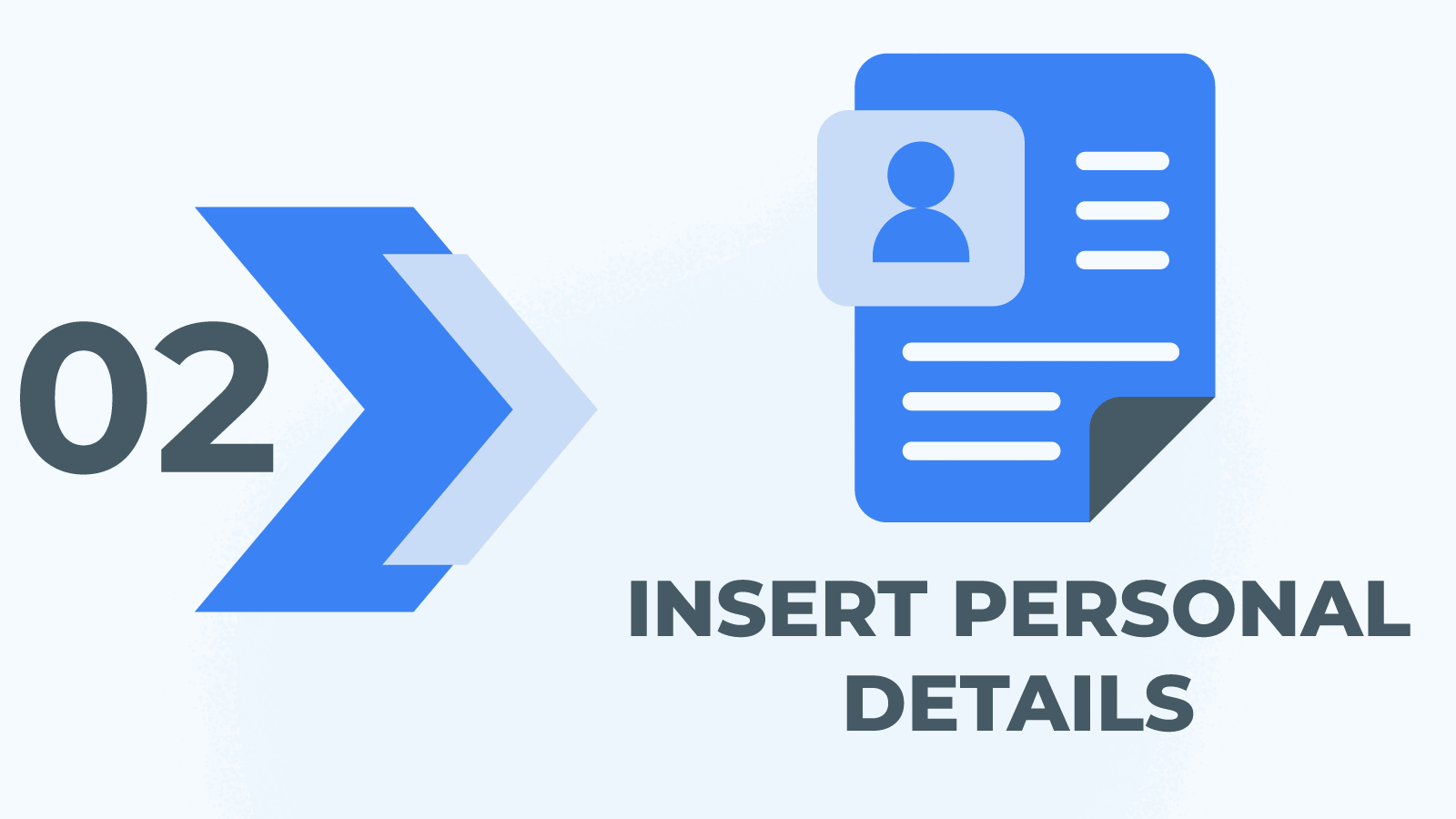
-
Step 3:
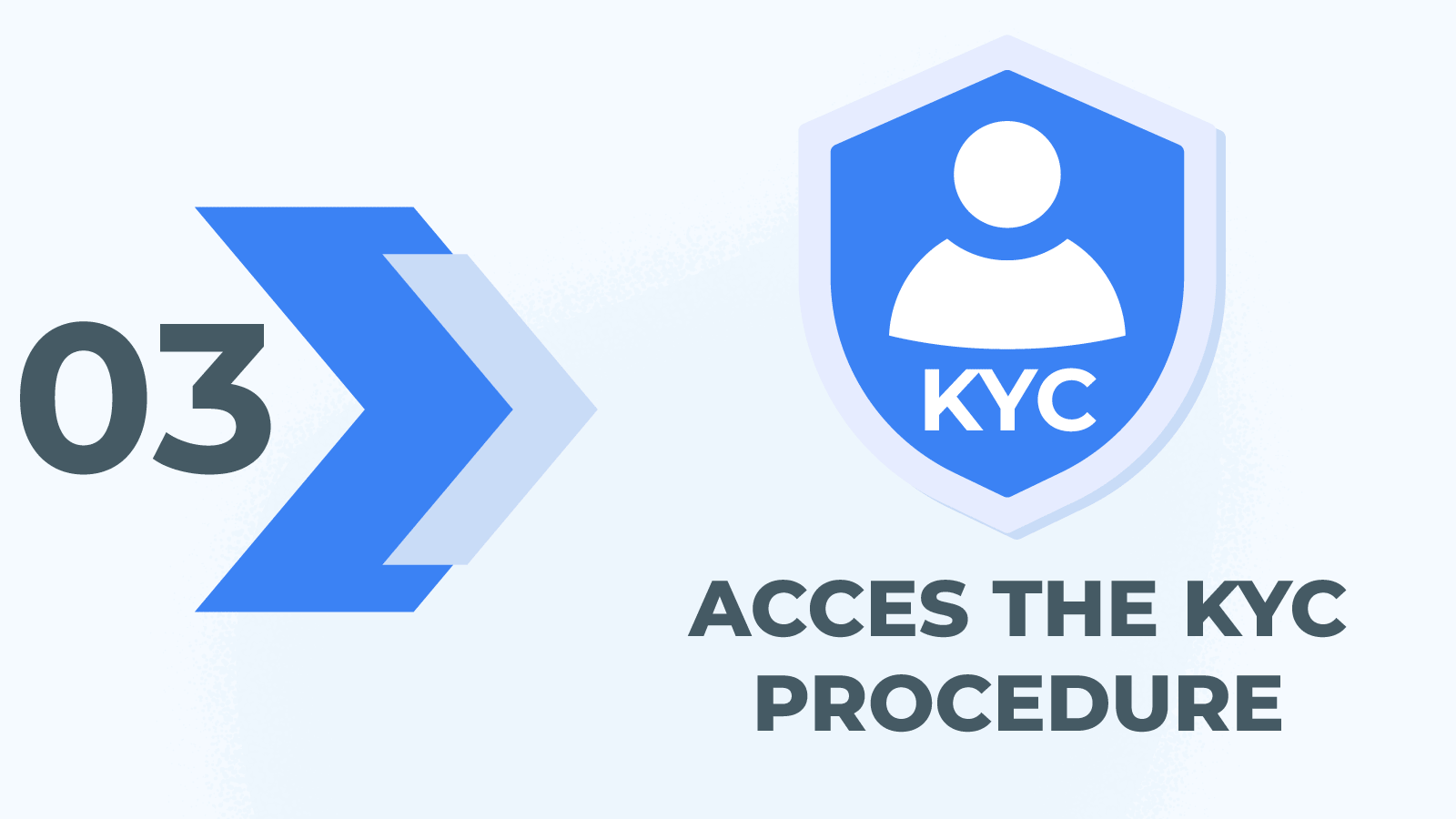
-
Step 4:
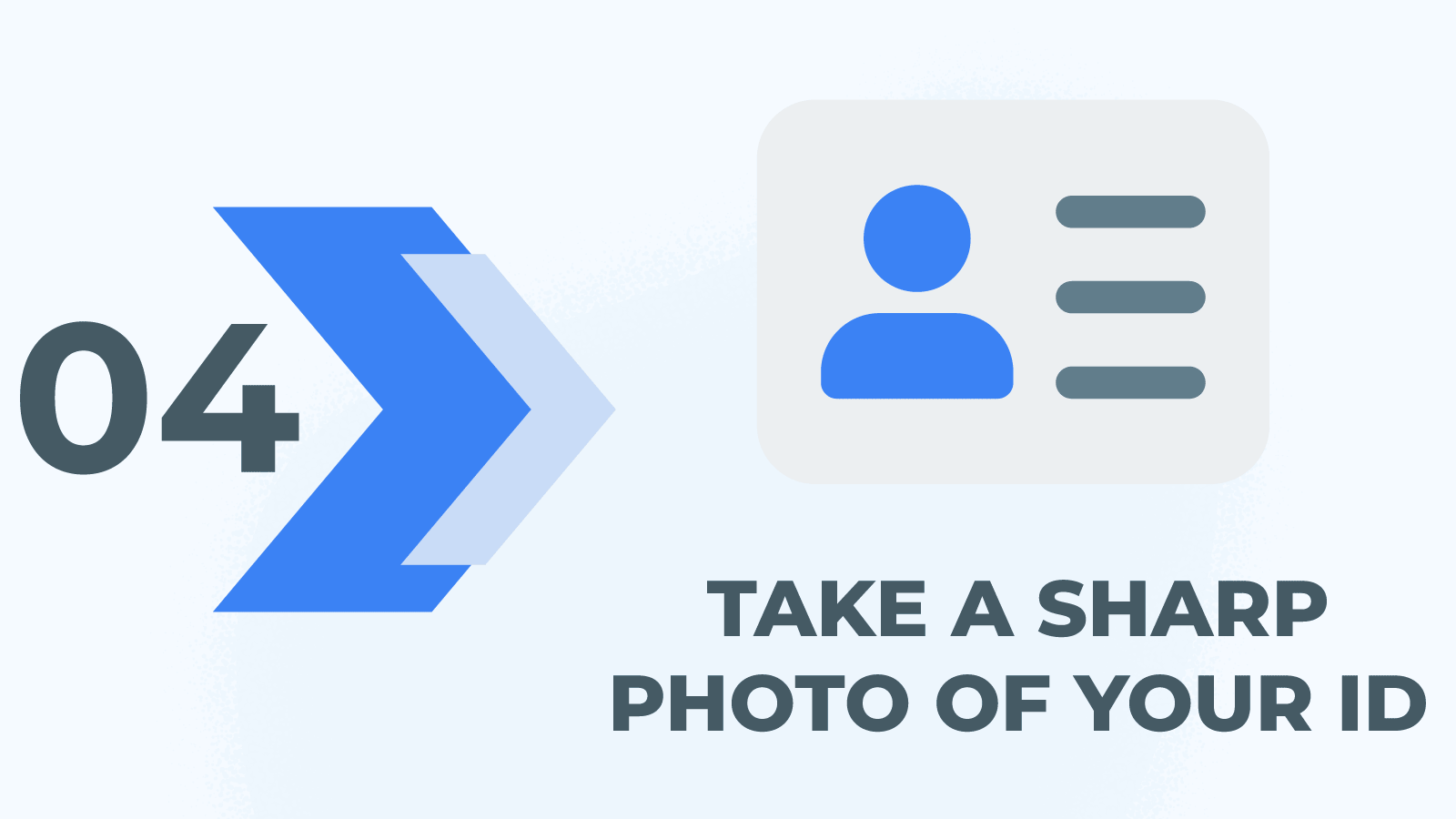
-
Step 5:
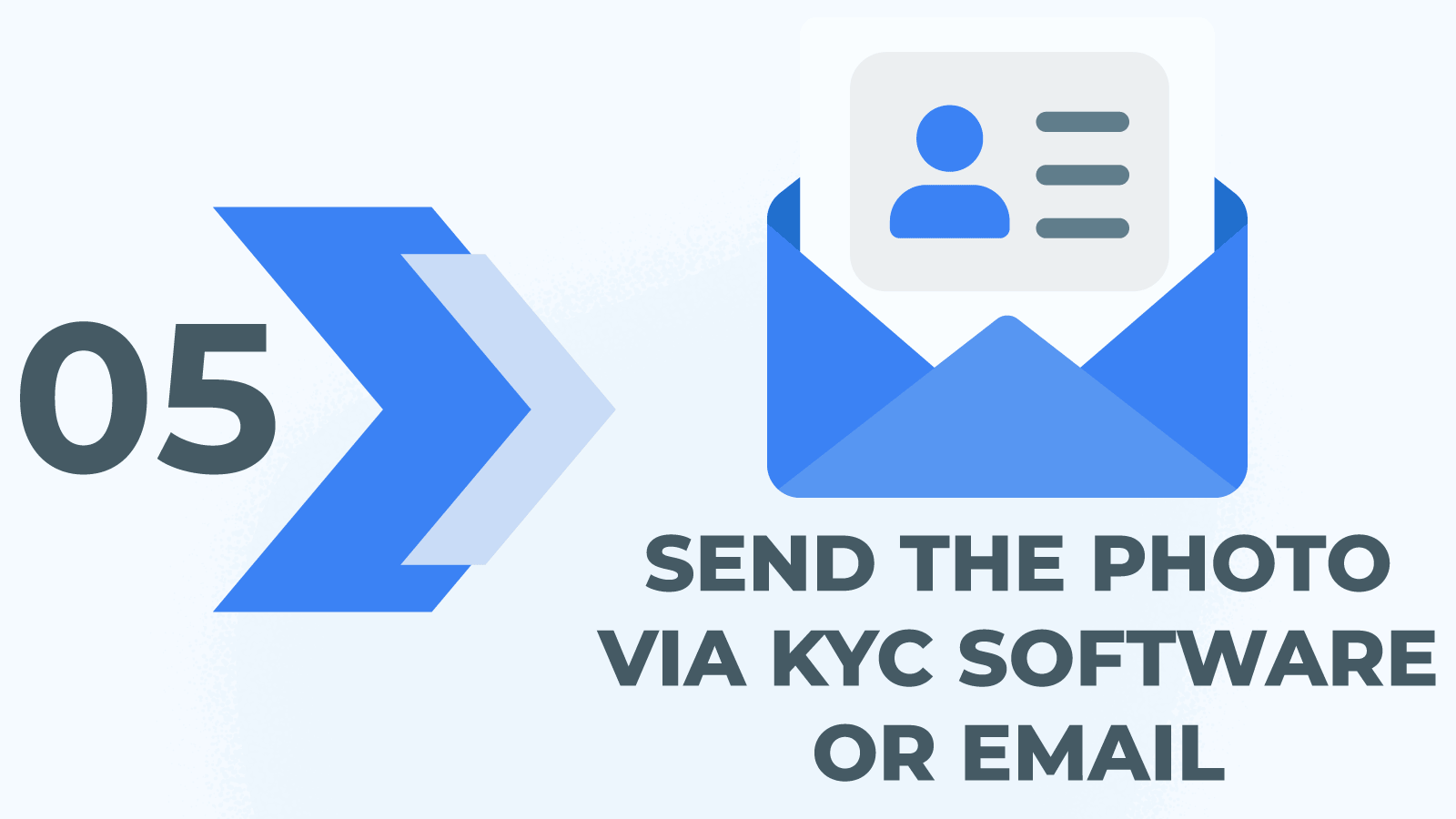
-
Step 6:
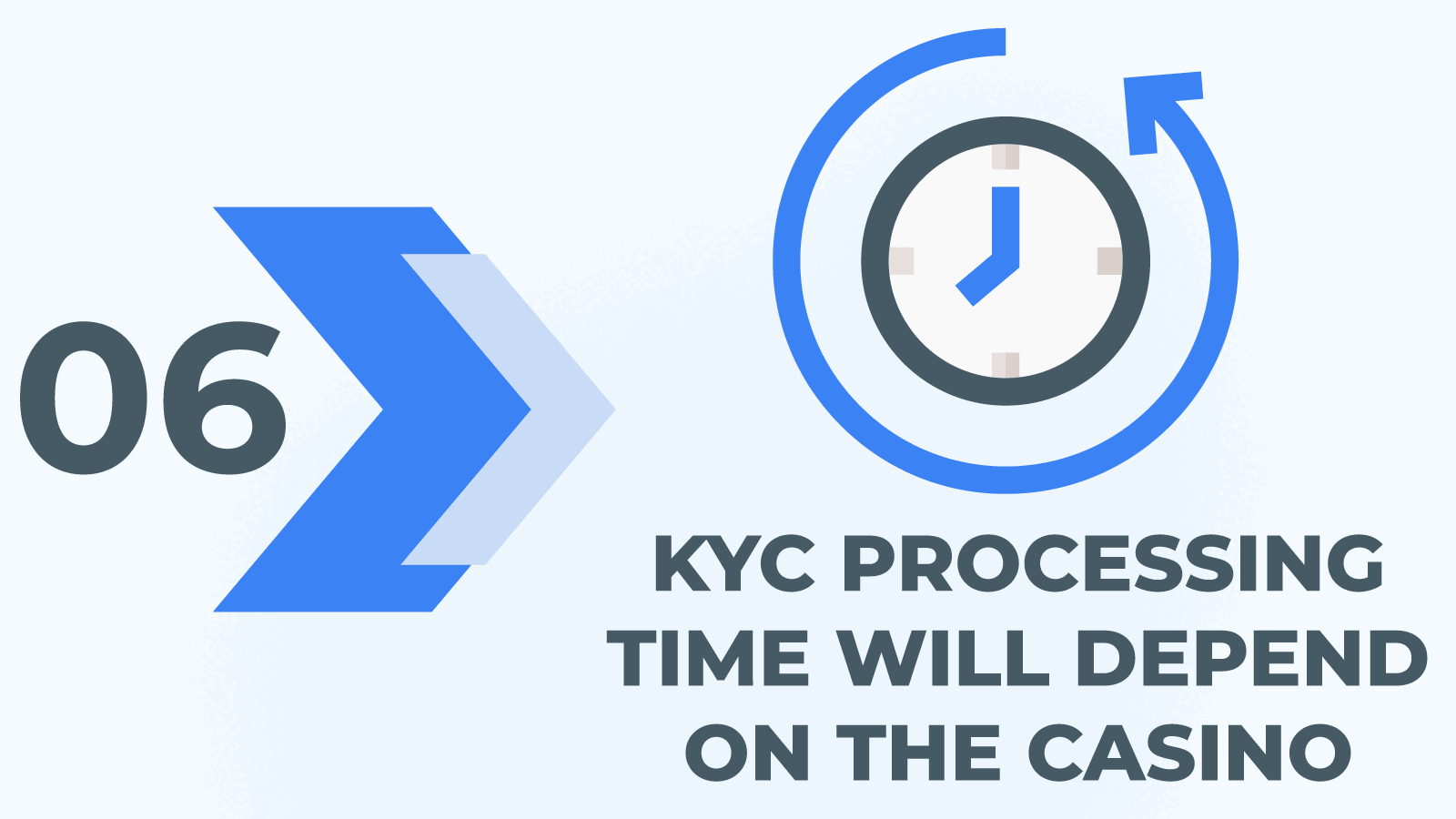
-
Step 7:

-
Step 8:
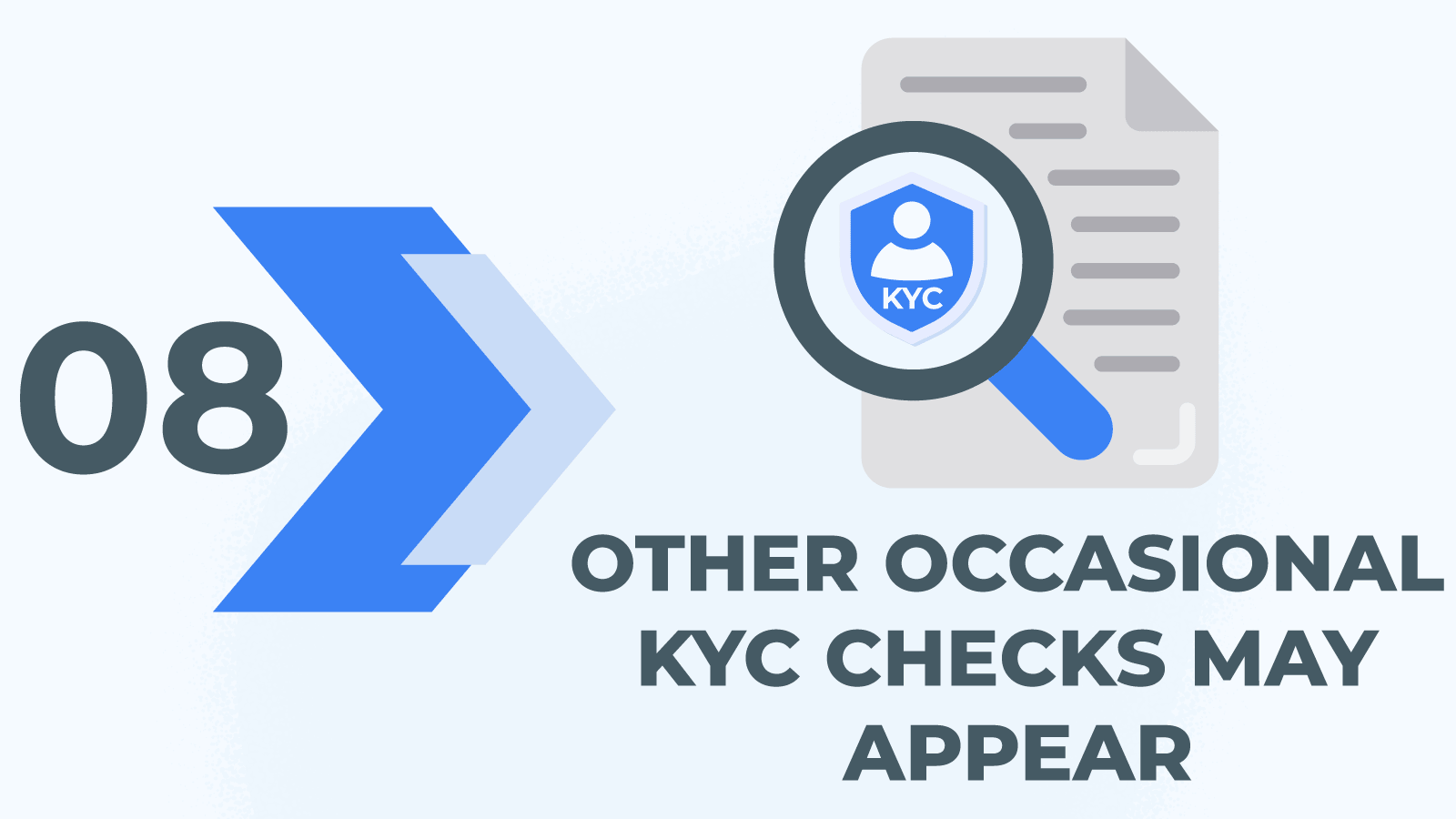
-
Step 9:
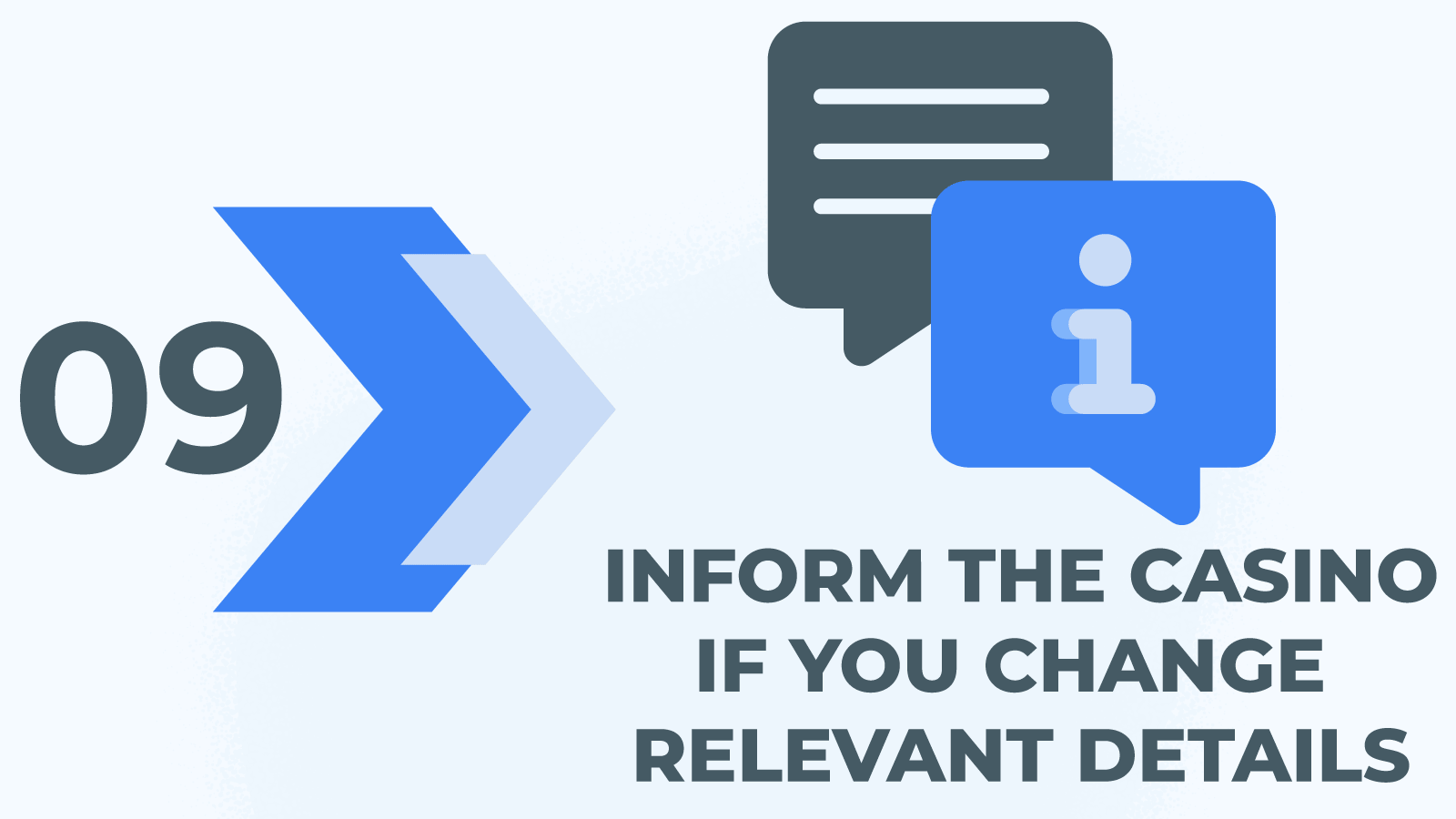
Documents Required for KYC Checks
When using E-Wallets, you will need to verify your associated email address. As for requirements for regular KYC checks, it will depend on the action it triggered them. Accumulating larger funds, for instance, may have you verify your banking options once more. If, however, the site suspects that your account is used by a third party, you will have to reconfirm your contact details and physical address.
The required documents must attest:
Proof of Identity:
- Government-issued ID.
- Passport.
- Driver’s license.
- Voter Identity card.
- Bank Passbook with a photograph.
- Employee ID card.
- University Card.
- Birth Certificate.
When uploading your birth certificate, you may need to include a picture of you holding it, along with additional identification documents. If you have changed your name, you may need to provide marriage, divorce, or deed poll certificates.
Proof of Address:
- Utility Bill containing your name and address.
- Bank Statement.
- HM Revenue and Customs Self-Assessment Statement.
- Car or House Insurance Certificate.
- House Deed.
- Lease Agreement with rent receipts amounting to at least three months.
Proof of Banking Method Ownership:
- Credit card with the first and last digits covered.
- Bank account number and the bank’s letterhead
- Sort code for bank transactions.
- Proof you have used the bank account within three months.
Making Sense of the Terms: KYC & AML Terminology
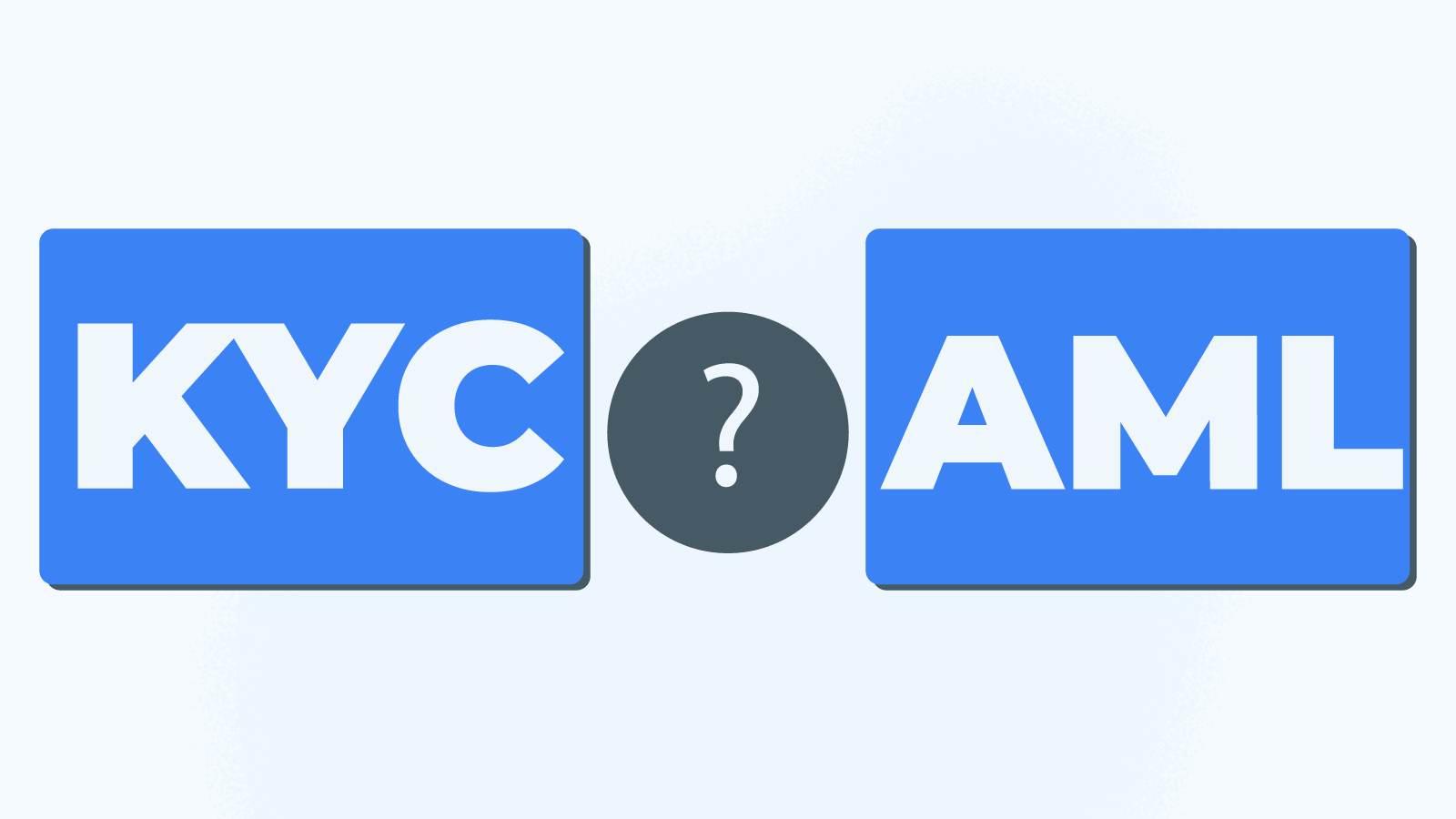
What is KYC?
It is short for ’Know You Customer’ and represents an umbrella term for protocols meant to verify the stated identity of users. When you register on a website, you insert a series of data relating to your identity. The KYC tools then must use additional data from you to compare it with previously stated information.
What does AML refer to?
It is the acronym for ’Anti-Money Laundering’ and it constitutes a series of guidelines and procedures meant to combat financial crime. It is not an industry-specific procedure, although being necessary for maintaining the legality of iGaming.
KYC vs CDD
Similarly to the KYC vs AML situation, CDD protocols are ways to screen and find potential criminal activities of a financial nature. How can we define CDD? It refers to ’Customer Due Diligence’, a KYC identity verification protocol similar to AML procedures. Although it also supposes collecting customer data to evaluate financial crime risks, CDD has additional degrees of assessment.
- SDD or ’Simplified Due Diligence’ applies for clients deemed to be well-known public authorities in the UK, as they are exempt from tougher checks.
- EDD or ‘Enhanced Due Diligence’ applies to politically exposed persons (PEPs). It is triggered by connections to high-risk countries, high transaction amounts, or involvement in high-induced activities.
Don’t Worry, Your Data is Safe! How Casinos Protect You
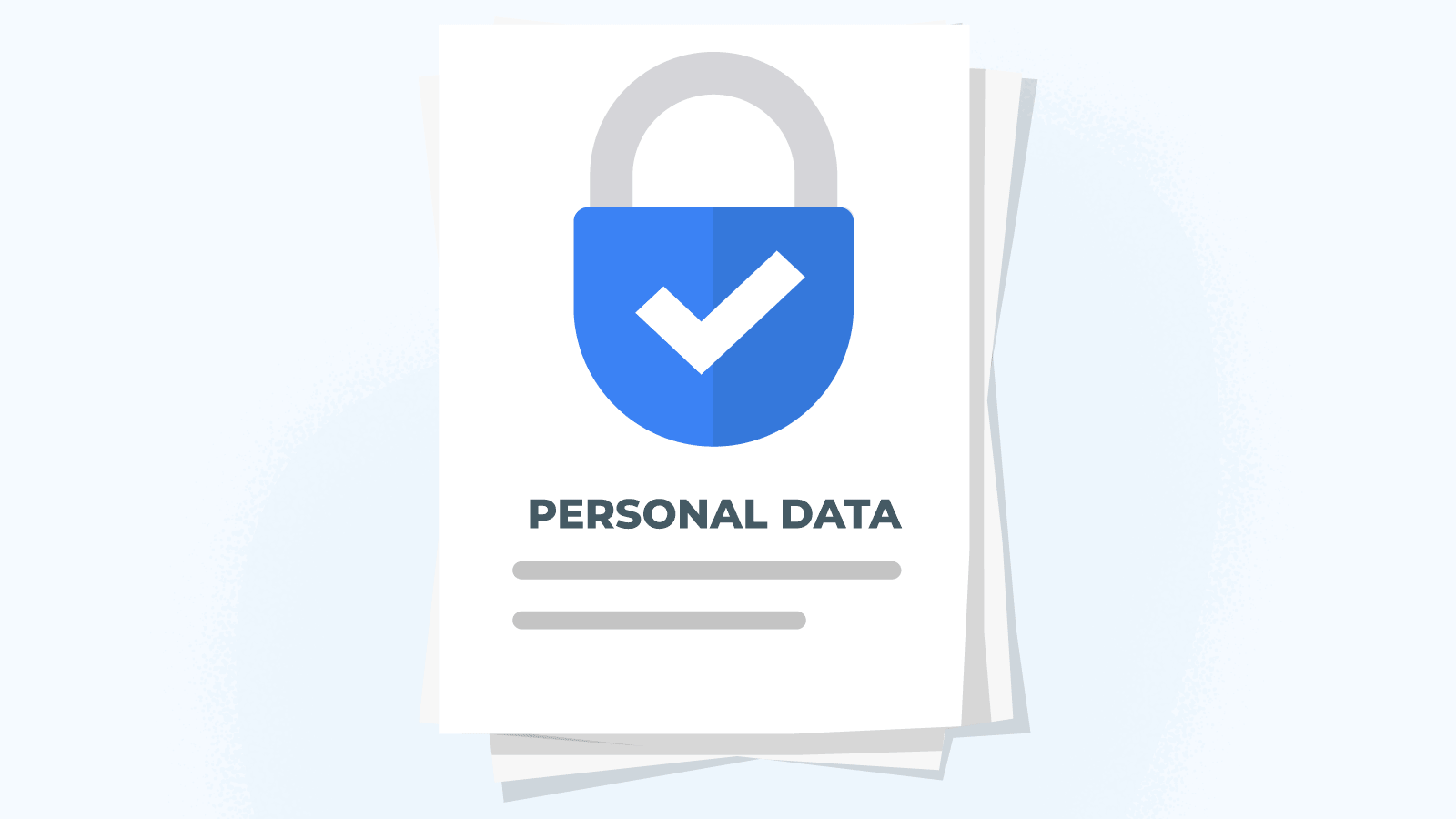
Concerns regarding online data protection & privacy issues
You may think that uploading so much sensitive data, especially financial, may pose a risk. Indeed, official documentation handling should always be a valid concern. Online casinos must abide by a series of directives meant to minimise mishandling risks:
- User Consent – the site will only use consensually provided data.
- Legitimate Interests – the casino will solely utilise your information for relevant assessments.
- Special Categorisation – gambling services will assess the sensitivity of certain data and decide whether they should retain it with or without special consent.
- Transparency – a platform will require informing users of how it will handle their information.
- Data Minimisation – sites will keep no more data about you than is necessary.
- Storage Limitation – casinos cannot hold information about customers for longer periods than stated.
- Profiling and Automated Decision Making – competent authorities will supervise any legally binding automated decision.
- Pseudonymisation – sites must have tools that reduce the risks of customers’ identification.
Perhaps the most important data security features for online casinos are SSL encryption tools. These are encryption-based internet security protocols that offer extra security for casino customers. Naturally, SSL protocols are great for KYC process safety. Each site will generally specify whether it uses SSL encryption, either in its Privacy Policy, Terms and Conditions, or footer.
KYC – It’s for Your Own Good!
